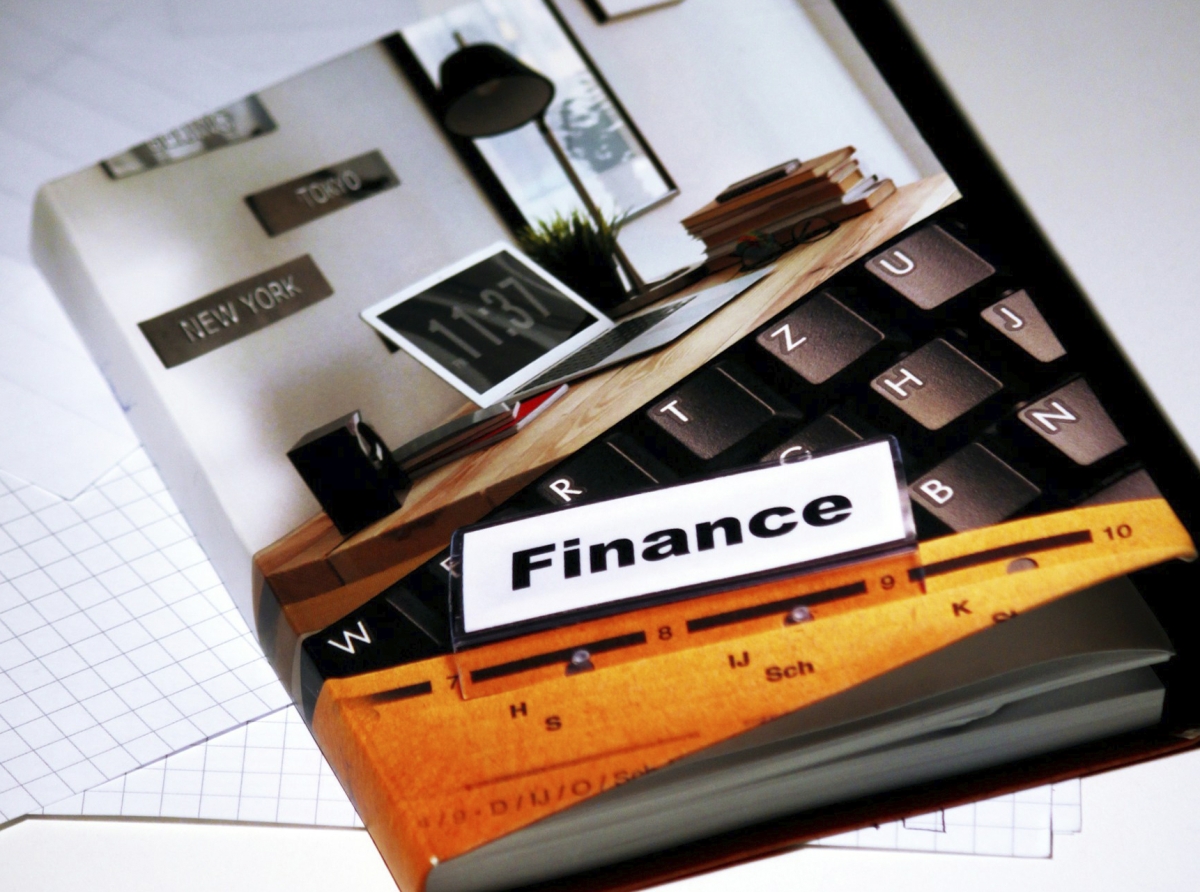Forex for Beginners: The First Steps Toward Financial Freedom

Forex for Beginners: The First Steps Toward Financial Freedom
Forex (Foreign Exchange) is the largest and most liquid financial market in the world, where currencies are bought and sold.
For beginners, Forex trading can seem complex and intimidating at first, but with the right approach, it offers an exciting opportunity to achieve financial independence.
Whether you're looking to supplement your income or build a full-time career, taking the first steps into Forex requires understanding the basics, developing a strategy, and managing risks effectively.
For beginners, Forex trading can seem complex and intimidating at first, but with the right approach, it offers an exciting opportunity to achieve financial independence.
Whether you're looking to supplement your income or build a full-time career, taking the first steps into Forex requires understanding the basics, developing a strategy, and managing risks effectively.

Forex for Beginners: The First Steps Toward Financial Freedom
What is Forex Trading?
Forex trading involves buying one currency while simultaneously selling another. Currencies are traded in pairs, such as EUR/USD (Euro/US Dollar) or GBP/JPY (British Pound/Japanese Yen).
The goal is to profit from fluctuations in exchange rates caused by economic, political, and market factors.
With a daily trading volume exceeding $6 trillion, Forex operates 24 hours a day, five days a week, making it accessible to traders worldwide.
Why Start Trading Forex?
High LiquidityThe Forex market's immense size ensures that trades can be executed quickly and with minimal slippage, even for large positions.
Leverage Opportunities
Forex brokers often offer leverage, allowing traders to control larger positions with a smaller initial investment. However, leverage also increases risk, so it should be used cautiously.
Flexibility
The market is open around the clock, enabling traders to participate at their convenience, whether they're early risers or night owls.
Low Entry Barrier
Unlike other financial markets, Forex allows beginners to start with small amounts of capital, making it accessible to nearly anyone.
Diverse Opportunities
With over 100 currency pairs, as well as options to trade commodities, indices, and cryptocurrencies, Forex offers a wide range of opportunities for diversification.
First Steps for Beginners
Educate YourselfStart by learning the fundamentals of Forex trading, including how currency pairs work, what influences exchange rates, and basic trading terminology (e.g., pips, lots, spreads). Online courses, webinars, and educational resources from reputable brokers are great starting points.
Choose a Reliable Broker
Selecting the right broker is crucial. Look for a regulated broker with a user-friendly platform, low fees, and strong customer support. Many brokers also offer demo accounts, allowing you to practice trading with virtual money before risking real funds.
Start with a Demo Account
A demo account lets you simulate real trading conditions without financial risk. Use this time to familiarize yourself with the platform, test strategies, and build confidence.
Develop a Trading Plan
A trading plan outlines your goals, risk tolerance, preferred trading style (e.g., scalping, day trading, swing trading), and strategies. Sticking to a plan helps you avoid emotional decision-making and stay disciplined.
Understand Risk Management
Never risk more than you can afford to lose. A common rule is to limit each trade to 1-2% of your total trading capital. Use stop-loss orders to minimize losses and take-profit orders to lock in gains.Analyze the Market
Learn to analyze markets using two main approaches:
Technical Analysis: Involves studying price charts, patterns, and indicators to predict future movements.
Fundamental Analysis: Focuses on economic data, news events, and geopolitical factors that impact currency values.
Start Small and Scale Gradually
Begin with a small account and increase your position sizes only as you gain experience and confidence. Avoid the temptation to "get rich quick," as Forex trading is a long-term endeavor.
Common Mistakes to Avoid
Overtrading
Trading too frequently or without a clear strategy can lead to losses. Stick to your plan and trade only when there’s a high-probability setup.
Ignoring Risk Management
Failing to use stop-loss orders or risking too much capital per trade can wipe out your account quickly.
Chasing Losses
Trying to recover losses by making impulsive trades often leads to further losses. Accept that losses are part of trading and focus on long-term results.
Relying on Emotions
Fear and greed can cloud judgment. Always base decisions on analysis and logic, not emotions.
Skipping Education
Jumping into live trading without proper preparation is a recipe for failure. Invest time in learning before risking money.
Tools and Resources for Beginners
Trading PlatformsPopular platforms like MetaTrader 4 (MT4) and MetaTrader 5 (MT5) offer advanced charting tools, technical indicators, and automated trading capabilities.
Economic Calendars
Stay updated on key economic events, such as interest rate decisions, employment reports, and GDP releases, which can significantly impact currency prices.
Demo Accounts
Practice trading in a risk-free environment to refine your skills before going live.
Educational Content
Books, blogs, YouTube channels, and online courses provide valuable insights into Forex trading strategies and techniques.
Community Forums
Joining trader communities allows you to share experiences, learn from others, and stay motivated.
Conclusion: Your Path to Financial Freedom
Forex trading offers a unique opportunity to achieve financial freedom, but success doesn’t happen overnight.
By educating yourself, choosing the right tools, and adopting a disciplined approach, you can navigate the complexities of the market and build a sustainable trading career.
Remember, patience and consistency are key—focus on continuous learning and gradual growth rather than quick wins.









Report
My comments